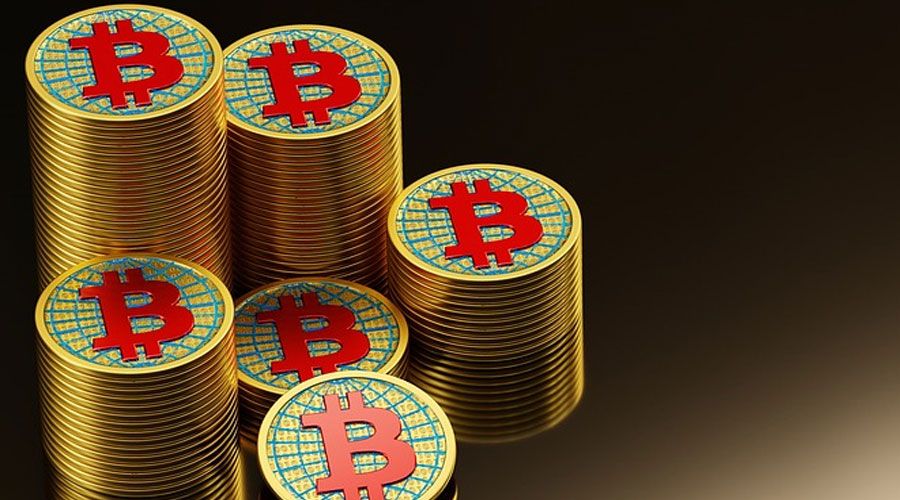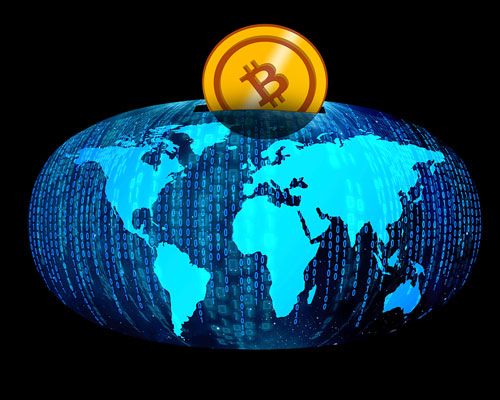5 things you should know to be blockchain-ready

Blockchain is an invaluable tool that will be a growth and productivity driver for governments and industries in the MENA region. The challenge for the MENA region is to encourage and harness that potential without stifling it.
Blockchain has the potential to change how efficiently the global economy operates. This has been realized and embraced by many individuals, corporations of various sizes, and governments across the region.
For those not already on the blockchain journey, Grant Niven, associate partner, technology advisory leader, financial services at EY Africa, India & Middle East, shared with Wamda five steps that will help guiding individuals, corporations, and governments on the right path.
1. Get educated
“No matter what is your opinion about technology, it is worth your time to educate yourself on how it works,” he said. Reading about tech, experimenting with it, gaining expertise, and encouraging the business teams to do the same is a good start. “Ask yourself these questions: What could your products and businesses look like when trust is distributed? What will your business look like when things like data and finance become openly accessible? In this broader digital world with open financial markets, how can you help customers engage with your business because they want to and not because they have to?,” he added.
Blockchain has become an increasingly visible part of the financial ecosystem, and even organizations that decide not to make it part of their service lineup will need to compete with organizations that do, he explained. However, if you wait too long to respond, you may miss the opportunity to capture and develop foundational components of the future ecosystem.
2. Start small and expand
While the benefit of blockchain is in distributing trust over many parties, that is not where you need to start, Niven said. Many applications can be developed in-house, tested within the group, and expanded beyond the four walls of your organization, as the model is proven. Additionally, putting everything on a blockchain from the start is not necessarily either a wise business or technology decision. Use blockchains for what they are valuable for – being a framework to establish trust – but otherwise, keep initial deployments simple with familiar technologies while leveraging the new technology for its added power. Meet with the major players, develop some proof- of-concept tests, pilot internally, and then expand with selected customers.

part of the financial ecosystem (Image via Pixabay).
3. Identify and seize opportunities to build foundations
For many, private blockchains are becoming the way forward. The large IT multinationals that dominate global markets built their services based on underlying ones that were available at the beginning of the web, such as search, web browsers, email, ecommerce, and reshaped the consumer experience, Niven explained. He said there is a number of foundations that will be established in the future of this ecosystem that will be fundamental to its growth and operation. Consequently, many new business opportunities will be created.
4. Get involved in the ecosystem
Identify public blockchains that you would like to be involved with and join the club to test out the concept. “By doing this, you will develop firsthand experience in the public blockchain you join,” he said. When ones becomes more advanced, he will be able to branch out to more than one public blockchain and start to grasp the nuances between them. Remember that the public blockchains do not require that much to be a part of since you can buy a thousandth of a coin or token (e.g. Bitcoin, Ethereum, NEO). Many things are learned firsthand. Possible ways to engage in the ecosystem would be by creating a public blockchain wallet for one of the major cryptocurrencies (keep in mind some of the public blockchains are not only cryptocurrencies but have been made to solve a problem). “You can also buy cryptocurrencies on wallets or exchanges,” he said. Some of the sites for this process are BitOasis, Coinbase, or Bitstamp, among many others. Another possible way to engage would be through joining a blockchain community. “You can look for local groups or connect to a much wider community through sites like Reddit. Either way it is much easier to learn about blockchain if you have a community of people to ask questions,” Niven explained. Another way to get involved is to attend conferences where one can network with startups and people embedded in the blockchain communities and share a wealth of knowledge.
5. Actively engage the regulators and the government
No matter how you decide to get involved in the blockchain ecosystem, remember to keep a close eye on how the various regulators and governments across MENA are addressing this new emerging technology. For some regulators, there is a lot to play for, and in return, great opportunities for blockchain to add significant value to local communities and businesses, according to Niven. The breadth of possible applications goes far beyond the conversion of physical currency into digital money (i.e. cryptocurrencies like Bitcoin). Opportunities to drive efficiencies in public service delivery, reduce costs and improve transparency have caught the attention of national governments. “Pioneering governments are experimenting internally to improve public procurement, contracts, and administration as well as introducing new blockchain supported programs to their citizens. These programs will provide great insight and become a learning ground to develop the blockchain case studies that we will see adopted across MENA countries in the coming years,” he concluded.


